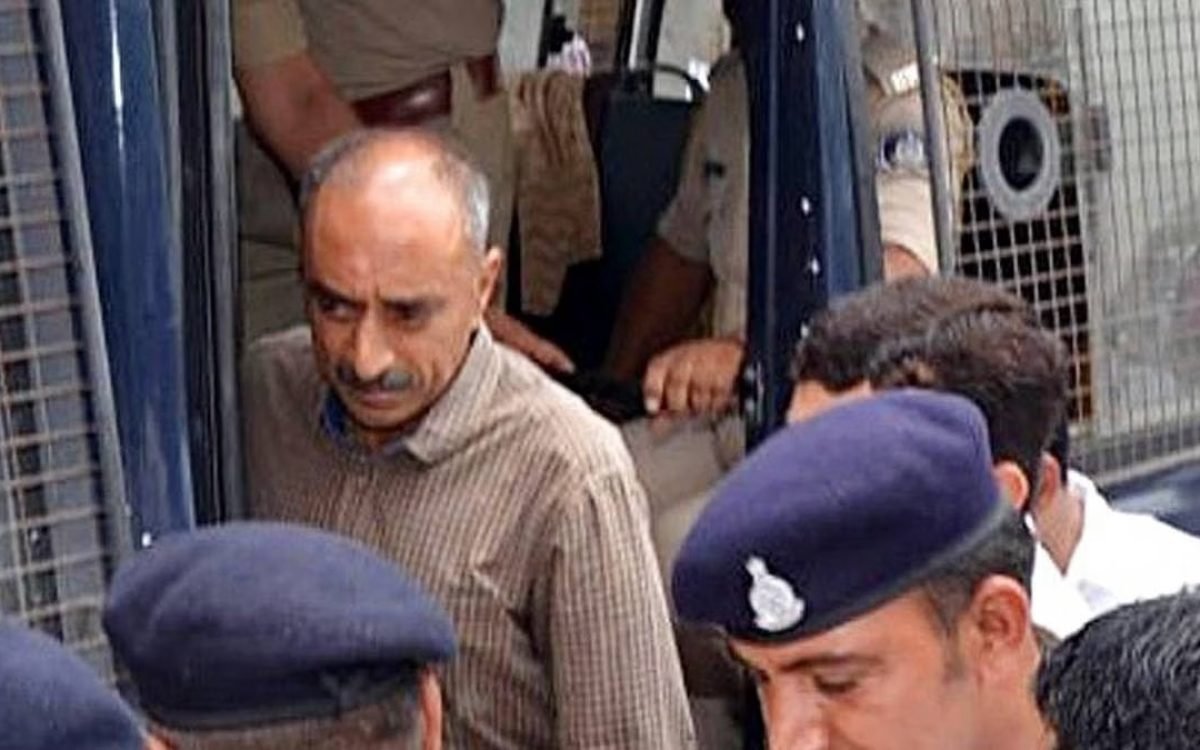The recent sentencing of former Indian Police Service (IPS) officer Sanjiv Bhatt to 20 years in jail in a 1996 drug planting case has reignited discussions surrounding his tumultuous legal journey. With Bhatt already serving a life sentence for a custodial death case dating back to 1990, questions arise about how these sentences will intersect and what they mean for his future.
The Background:
Sanjiv Bhatt, a former IPS officer, has been embroiled in legal battles stemming from his tenure as the superintendent of police in Banaskantha district, Gujarat. The recent sentencing in the 1996 drug planting case adds another layer to his already complex legal saga.
The Drug Planting Case:
In the 1996 drug planting case, Bhatt stands accused of falsely implicating Sumer Singh Rajpurohit, a Rajasthan-based lawyer, by planting commercial quantities of opium in a hotel room. The court found Bhatt guilty under various provisions of the Narcotic Drugs and Psychotropic Substances (NDPS) Act and the Indian Penal Code.
Concurrent Sentences:
With Bhatt already serving a life sentence for his conviction in a 1990 case of alleged custodial torture and death, the question arises: how will the 20-year sentence in the drug planting case be served? According to Additional Sessions Judge J.N. Thakkar, the sentences will run consecutively, meaning that Bhatt will serve the life sentence first, followed by the 20-year sentence.
Understanding Life Imprisonment:
Life imprisonment entails incarceration for the remainder of one’s natural life, unless granted parole or clemency by the authorities. In Bhatt’s case, the life sentence for the custodial death case takes precedence, with the 20-year sentence in the drug planting case to be served afterward.
Implications and Legal Interpretations:
The sentencing of Sanjiv Bhatt raises broader questions about accountability, justice, and the efficacy of the legal system. Critics argue that his convictions highlight systemic issues within law enforcement and underscore the importance of upholding integrity and transparency in the administration of justice.
Conclusion:
As Sanjiv Bhatt navigates the complexities of his legal predicament, his case serves as a sobering reminder of the far-reaching consequences of misconduct within the criminal justice system. While the intricacies of concurrent sentences may seem complex, the underlying principles of fairness and accountability remain paramount in ensuring justice for all parties involved. As the legal proceedings unfold, observers will continue to scrutinize the outcomes, hoping for clarity, transparency, and adherence to the rule of law.









